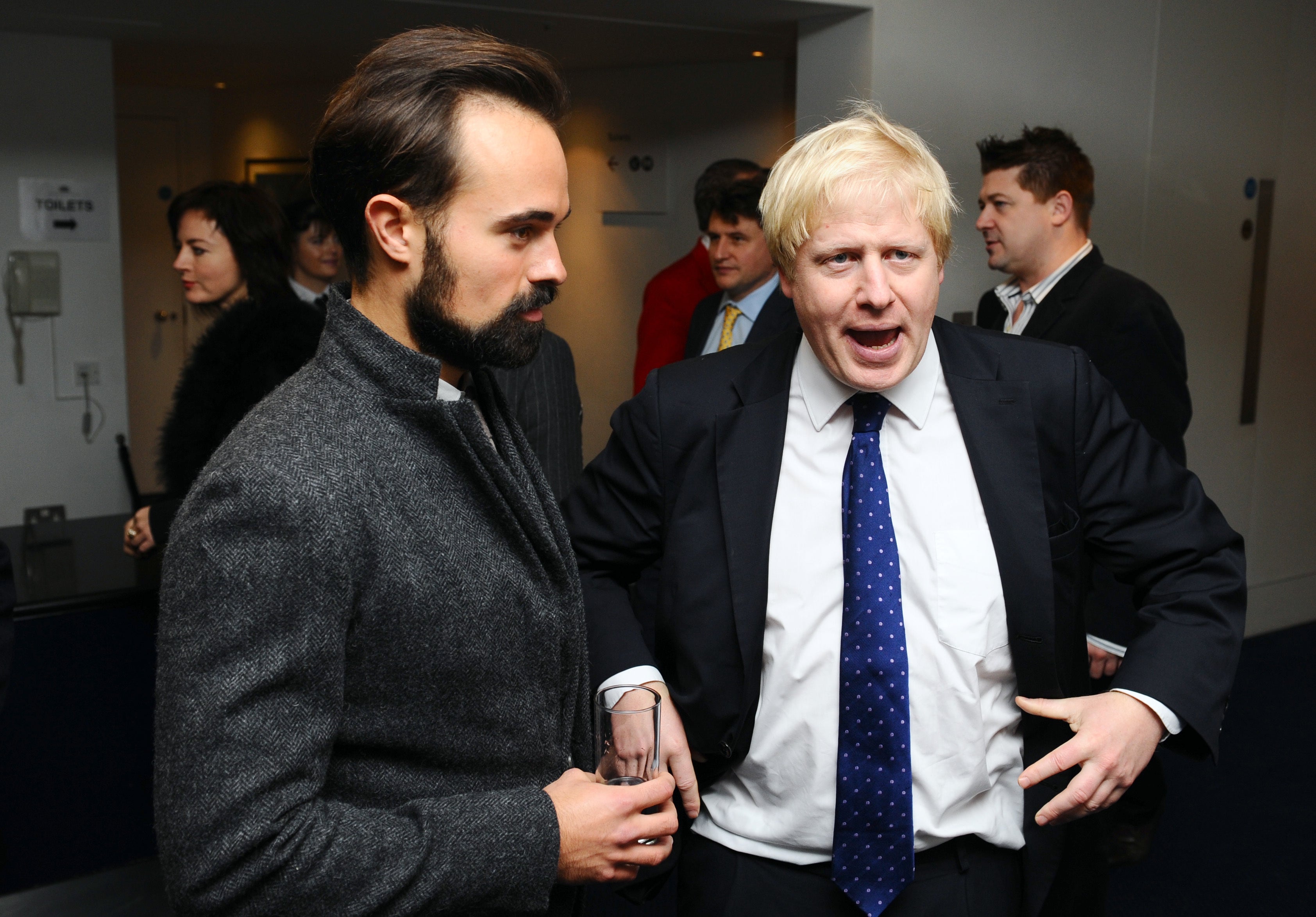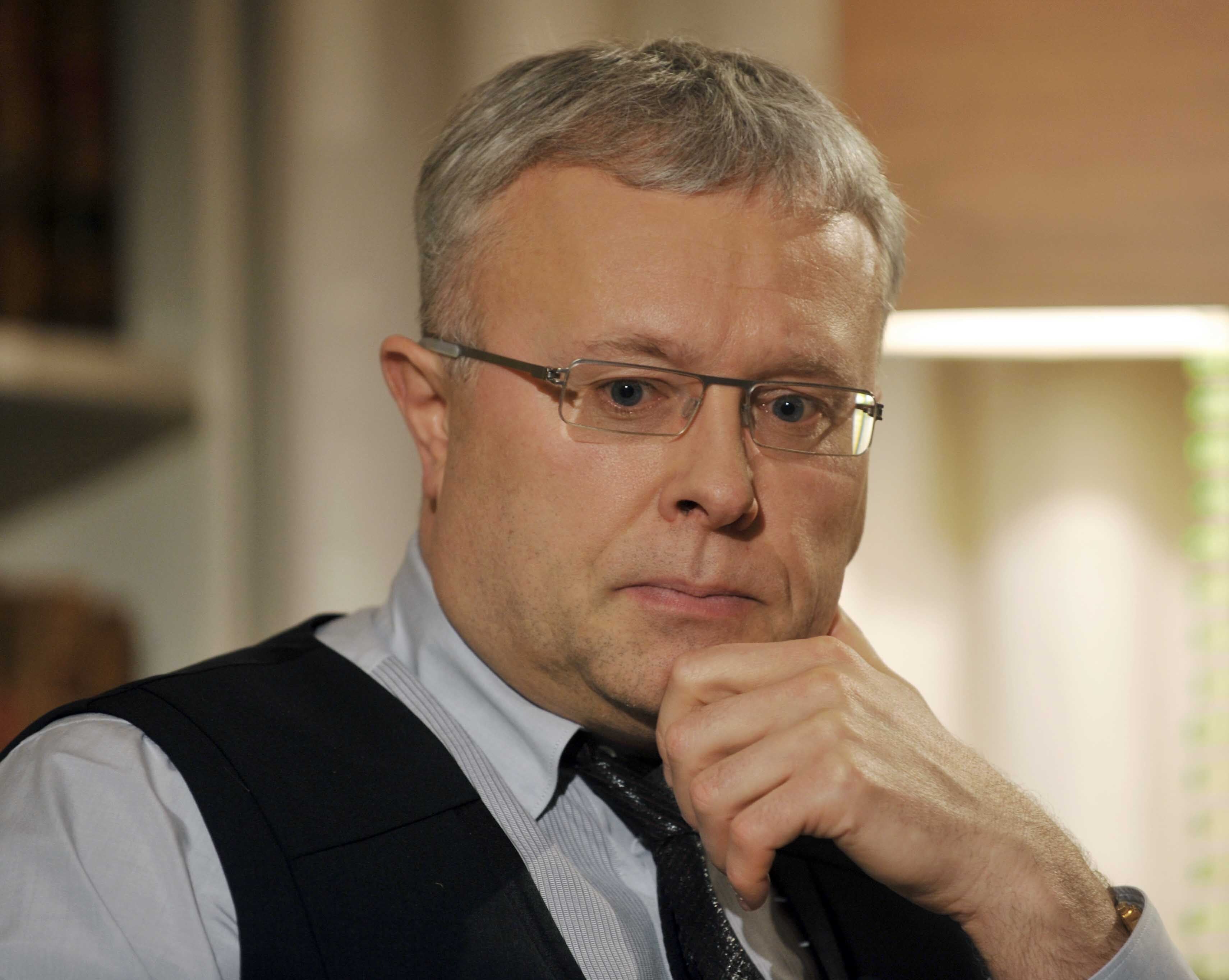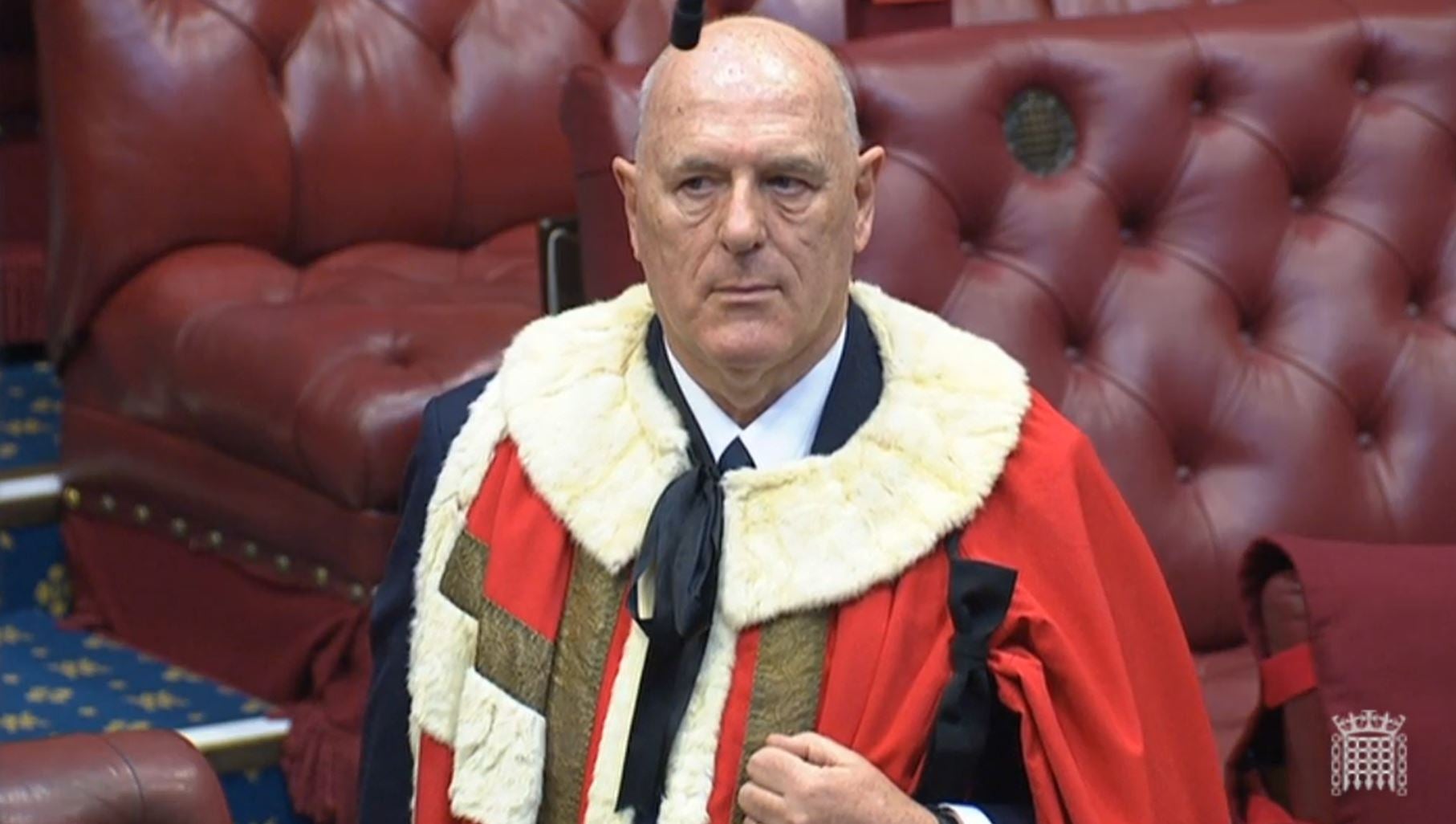Boris Johnson did not put pressure on over Lebedev peerage, says watchdog chief
Lord Bew said the appointments committee had asked for security information on the son of a former KGB agent during the process.

Your support helps us to tell the story
From reproductive rights to climate change to Big Tech, The Independent is on the ground when the story is developing. Whether it's investigating the financials of Elon Musk's pro-Trump PAC or producing our latest documentary, 'The A Word', which shines a light on the American women fighting for reproductive rights, we know how important it is to parse out the facts from the messaging.
At such a critical moment in US history, we need reporters on the ground. Your donation allows us to keep sending journalists to speak to both sides of the story.
The Independent is trusted by Americans across the entire political spectrum. And unlike many other quality news outlets, we choose not to lock Americans out of our reporting and analysis with paywalls. We believe quality journalism should be available to everyone, paid for by those who can afford it.
Your support makes all the difference.No pressure was exerted by the Prime Minister or Downing Street when it came to recommending Lord Lebedev for a peerage, according to a Lords watchdog.
Lord Bew, chairman of the House of Lords Appointments Commission (Holac), told MPs the assessment for the media mogul, whose father was a former KGB agent, was a “unique” process that involved security checks.
But he said the committee approved the peerage without interference from Boris Johnson.
Questions have been raised over whether the Prime Minister asked anyone in the security services to revise, reconsider or withdraw their assessment of Lord Lebedev, who is a shareholder of The Independent and the Evening Standard newspaper, ahead of his appointment in November 2020.
We eventually received advice (from security agencies) and we required further elucidation and this went on for some weeks, you can definitely say that
MPs voted last month to approve a Labour motion to force ministers to release documents about Mr Johnson’s involvement in Baron Lebedev of Siberia being appointed to the upper chamber.
Crossbencher Lord Bew told the Commons Public Administration and Constitutional Affairs Committee (Pacac) on Wednesday: “There was no pressure on this issue from No 10 or the Prime Minister.”
Lord Bew, a former chairman of the Committee on Standards in Public Life, said there was a back-and-forth with security services and a search for clarification, but stressed there was no warning or delay issued about Lord Lebedev.
“Block, I think, fits under the heading of warning: No,” he said, when asked whether Holac had looked to hold up the peerage.
He added: “You can say that we… eventually received advice (from security agencies) and we required further elucidation and this went on for some weeks, you can definitely say that.
“Does that constitute a pause? I suppose.”
He hinted that the watchdog had notified Mr Johnson that Lord Lebedev’s appointment could stoke controversy.
“We did tell the Prime Minister, as we said in the letter to Sir Keir (Starmer, Labour leader), that we do say about candidates, there are things in this person’s career that will lead to negative public comments – we say that quite frequently,” he told MPs.
Asked if such a comment was made in relation to Lord Lebedev’s case, Lord Bew replied: “The fact that we mentioned this point in the letter to Sir Keir when he had inquired to us about this incident, (that) may be something that a reasonable person might comment on and think about.”

Russian-born businessman Lord Lebedev has insisted he has “nothing to hide” amid the appointment row.
The independent crossbench peer has previously acknowledged his father, oligarch Alexander Lebedev, was a KGB officer “a long time ago”, but denied being “a security risk to this country”.
Labour has called on Chancellor of the Duchy of Lancaster Steve Barclay to release all relevant information provided to Holac by the Cabinet Office or the Prime Minister’s office by no later than April 28.
Lord Bew, during almost two hours of evidence, told MPs that Holac does not know what documents are likely to have to be released but added that while he feared for the loss of confidentiality in any publication, he was confident the committee’s process had been above reproach.
The session also touched upon the dispute between No 10 and Holac about the appointment of Lord Cruddas, who was awarded a peerage in 2020 against the advice of the committee.

The vetting body had raised “historic concerns” over allegations that the former Conservative Party chairman had offered access to then-prime minister David Cameron in exchange for donations to the party.
But Mr Johnson brushed aside objections and pressed ahead with the appointment, with Lord Cruddas donating a further £500,000 to the Tories three days after taking his seat on the red benches last year.
Lord Bew said he had been aware that the PM “wanted” Lord Cruddas in the Lords during the scrutiny process.
“There is a radical distinction between the case we were talking about earlier (Lord Lebedev) where I said there was no pressure,” the chairman said.
“It was certainly absolutely clear to me that the Prime Minister wanted this person in a big way.”
Asked how he had come to that conclusion, Lord Bew, who has been chairman since October 2018, replied: “The only conversation of substance with the Prime Minister since I have been in this job was on this appointment.”
He warned that an attempt by Mr Johnson to act similarly again could undermine the authority of the watchdog.